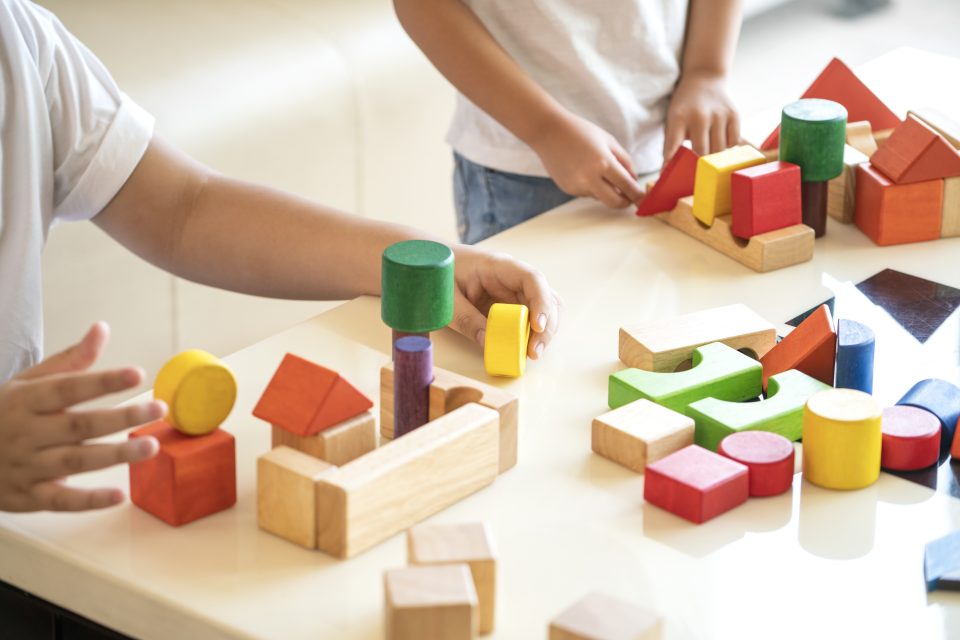Jakarta Intercultural School is set to launch a life centred education program
With up to 240 million children worldwide living with some form of disability (UNICEF, 2021), schools are being challenged to re-examine their academic programs and whether they are doing enough to provide a truly inclusive learning environment.
At Jakarta Intercultural School (JIS), inclusion has been part of its expansive academic program since the inception of a Student Services department in the 1980s. Today, the team of experienced special needs educators serves children who require mild to moderate support, including for speech, reading, and writing difficulties, math and processing needs, as well as motor therapy. Some examples — and terms perhaps better known to the layperson — include dyslexia and attention deficit hyperactivity disorder (ADHD).
“There is a subset of children who may need support for a while to help them develop certain foundational skills,” explained Maya Nelson, JIS Interim Head of School and an expert in special education with three decades of experience as an international educator. “And then there are children who may learn differently and who may need support for a longer time.”
But in recent years, it has become increasingly apparent to JIS administrators that families — both expatriate and local — are struggling to find schools for children who require much more attention. Many end up having to separate siblings because conventional schools are not equipped to handle students with global developmental delays such as autism spectrum disorder.
“Often, you’ll still find that families will have a child home-schooled […] who may have more intensive needs; they’ll have a one-on-one [tutor] there as opposed to having the child in school because that’s really the only option for them,” Nelson said.
With the purpose of keeping these families together while also reflecting the diversities in society, the concept for the JIS Learning Centre came to life: a “school within a school” aimed at meeting the needs of children needing moderate to intensive support.
“In the world, there are neuro-diverse people; there are people with all different types of learning abilities and styles, skills and socialisation. We want to make sure that’s represented in our community as well,” JIS education specialist Denise Lyon said in a recent episode of the JIS Podcast. “At JIS, we are consistently increasing our ability to provide inclusive education to students with a wide variety of learning variations. And that is what we are focusing on in terms of inclusive education.”
Explaining the term “neurodiversity” as variations in the human brain that can affect anything from one’s socialisation skills and learning to their ability to hold attention, she emphasised that these “are all completely normal” and should not be regarded as some sort of deficit. Essentially, there is no one “normal” type of brain or mind or one “right” style of neurocognitive functioning.
“[At JIS], our understanding and our belief is that we’re all diverse in many different ways,” Lyons added.
The JIS Learning Centre, scheduled for an August opening in time for the 2022/23 academic year, will be prepared to support neuro-diversities considered to be on the moderate to severe end of the spectrum. These children may have global developmental delays, for example, that would make it difficult for them to keep up with the academic demands of a typical classroom. They may also need additional assistance with their language and motor development.
The program will be carried out in self-contained classrooms on the JIS campus, with a maximum of eight students per classroom so they can receive the attention they need with the use of best practices in special education and an individualised learning strategy. The plan for each child, though unique and customised, will follow a two-pronged approach, Lyons explained.
“There is always going to be an academic side — the traditional reading, writing, and mathematics. That still happens in a self-contained classroom; I think that’s something that people are not usually aware of,” she said. “The other side of it is life skills […] because we want to make sure that we’re building independence for students.”
The core tenets of the JIS Learning Centre, she underlined, are inclusion and diversity, so while its students will have their own specially designed classrooms, they will not be separated from the wider JIS community. Assemblies, school trips, recess — these are all open for children of the JIS Learning Centre.
“[They] are a part of JIS, they are not separate from the other students at JIS, they are a normal part of our everyday [school routine]. Some JIS Learning Centre students may be included in the same academic subjects as their peers, some will be able to take part in, for example, specialist classes such as PE or art. But all of them will participate in any type of schoolwide activity,” Lyons added.
At JIS, according to Nelson, inclusion and diversity are closely tied to equity — the understanding that each child comes from different backgrounds and has different developmental needs. The same can be said for their families. The school, therefore, strives to give them individualised support, attention, and resources that fit their circumstances.
“To be able to provide a program and a school where the whole family can belong, where siblings can be together, where they can be all part of the same community, is very critical [to JIS],” she said.
Registration is now open for the JIS Learning Centre. For more information, please visit the official JIS Learning Center page. Listen to Maya Nelson and Donise Lyons discuss the details and philosophies behind the new inclusive program on a special episode of the JIS Podcast.




